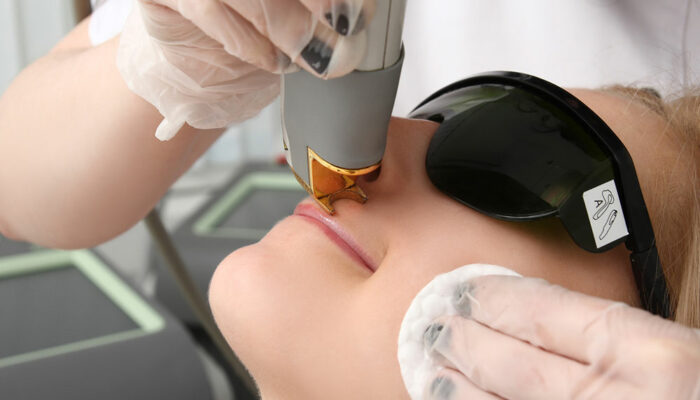
5 Ways to Treat and Manage Tinnitus
Patients generally experience tinnitus as an unpleasant ringing in their ears. Some also experience these symptoms as buzzing, clicking or even hissing noises. The condition typically arises from long-term exposure to loud noises. However, tinnitus can be caused by a wide range of other issues.
Causes of tinnitus include aging, circulatory problems and ear injuries. Thankfully people can manage and find relief from tinnitus with the following methods:
1. Sound-masking devices
It’s true that tinnitus comes from a problem with someone’s own ears. However, that doesn’t mean that blocking out noises won’t help. Tinnitus symptoms can arise due to noises being magnified or distorted. Likewise, random noises or frequencies can sometimes make tinnitus symptoms worsen. A sound masking device, even something as simple as earplugs, can often help reduce symptoms of tinnitus.
2. Mindfulness-based stress reduction (MBSR)
Mindfulness-based stress reduction MBSR is often used to help people deal with chronic pain. However, people are often unaware of the fact that it’s also a powerful tool to help fight against symptoms of tinnitus. MBSR works with both conditions by helping people develop improved focus and mindfulness. The practice doesn’t take away the ringing in one’s ears. However, it does provide people with the tools needed to push their focus away from the noise. It’s almost like being able to push the ringing noise into a little box within one’s mind.
3. Modified or customized sound machines
Have you ever used earplugs or a white noise machine to fall asleep at night? If so then you know how a little noise can put people at ease. The standard white noise machines used to help people sleep can often help people with tinnitus. However, people can even use earplug-sized devices for a more discrete and continuous way to find relief from the condition.
4. Cognitive behavioral therapy (CBT)
Cognitive behavioral therapy CBT works in a similar way to MBSR. CBT won’t actually do anything to remove symptoms of tinnitus. But as people work through CBT they’ll often discover that they don’t need to get rid of the symptoms. CBT will instead provide people with the tools they need to deal with those symptoms in their daily life. This practice also serves as a method of stress management. Though we’ll soon see another method to do so.
5. Antidepressants and antianxiety drugs
This option is similar to CBT in that it puts a heavy emphasis on dealing with the emotional load that comes with tinnitus. It’s not surprising that people with tinnitus will often start to feel depressed and anxious. Taking medications for anxiety or depression can provide relief for those symptoms. People will usually find even greater relief when they pair these mediations with CBT or MBSR. Interestingly, antianxiety and antidepressant drugs sometimes provide more than emotional support. Both types of medication have shown effectiveness with the actual symptoms of tinnitus. At the moment we don’t really know why these medications are able to diminish some people’s symptoms. Likewise, we don’t know why the mediations are ineffective against the symptoms of tinnitus experienced by other people. But the fact that it offers a chance of relief makes it worth trying. Especially since it can also help boost people’s emotional wellbeing as they learn how to deal with the condition.



